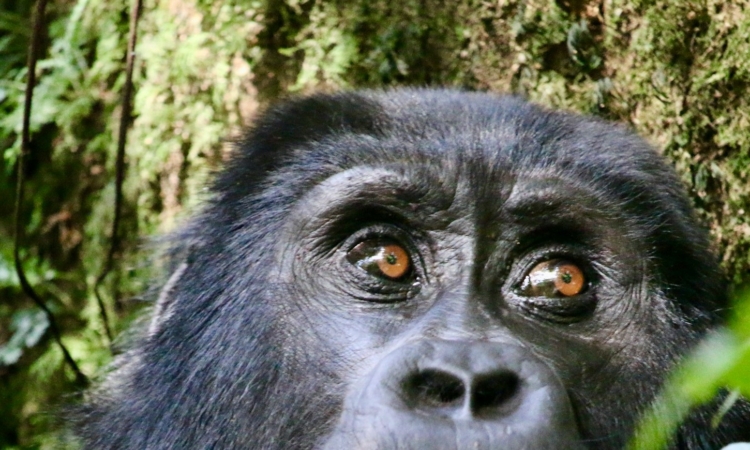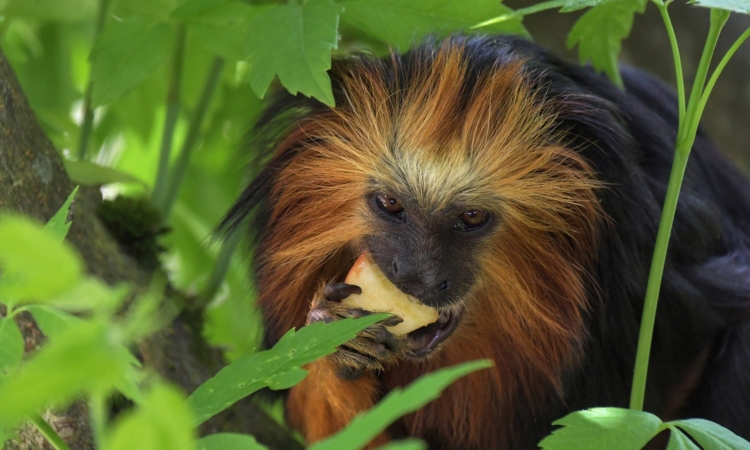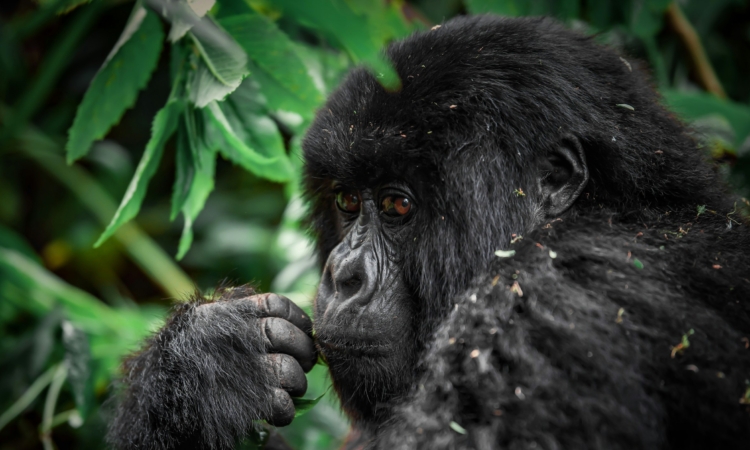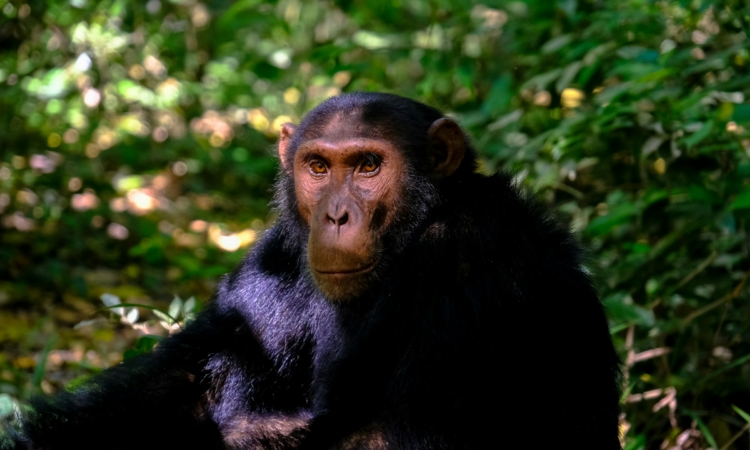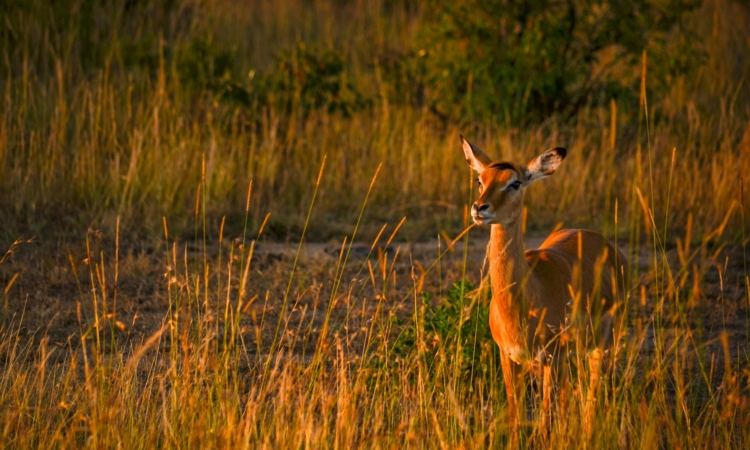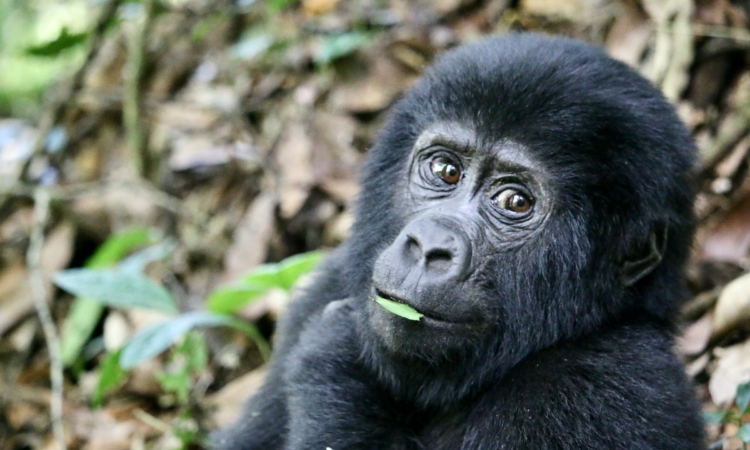Rwanda’s Biodiversity & Ecosystems – Wildlife, Rain-forests & Conservation Successes

Rwanda is a small country that depends on natural resources for survival. This is why the government works hard to promote conservation, sustainability, and fair sharing of benefits from biodiversity. The country is made up of mountains crossed by many rivers, lakes, and wetlands.
Most of these are found in the highlands of the Albertine Rift, an important ecological area in eastern and central Africa. Rwanda has nine protected areas covering 232,000 hectares of land.
The proposed national land use plan for 2050 aims to set aside 37.7% of the land for conservation, which meets the global target of over 27% under the Sustainable Development Goals (SDGs).
Three protected areas border neighboring countries: the Greater Virunga Landscape borders Rwanda, Uganda, and the Democratic Republic of Congo; Nyungwe-Kibira is between Rwanda and Burundi, covering 117,100 hectares.
The country’s true treasure lies in its landscapes, natural forests, and the many unique species living there. Rwanda is home to 402 mammal species, 1,061 bird species, 293 reptiles and amphibians, and 5,793 plant species.
Gorillas and chimpanzees attract many visitors from around the world, both local and foreign, which helps generate income for the government. The chimpanzee population is over 500 individuals. Other primates, including monkeys, also add life to the country.
These animals can be seen in national parks such as Nyungwe, Akagera, and Volcanoes National Parks. These parks are open year-round, but it is best to visit during the dry season when paths are easier to walk. The wet season brings slippery and muddy grounds.
Researchers also value Rwanda’s biodiversity. They collect genetic material from plants, animals, aquatic life, microbes, and bacteria to develop new products. Locally, people pass down knowledge about biodiversity orally through generations.
This knowledge helps with medicine, farming, food storage, natural resource management, wildlife, and animal care. As the market grows for natural cosmetics, medicine, and pesticides, the government and private groups are working hard to find new plants, microbes, and animal parts for research.
The biodiversity and ecosystem of Rwanda are a great wealth that should be protected and respected.
Booking Your Trip Now
If you want to tailor your tour by adding more days or destinations, please reach out to us through our main contact page using the button below.

